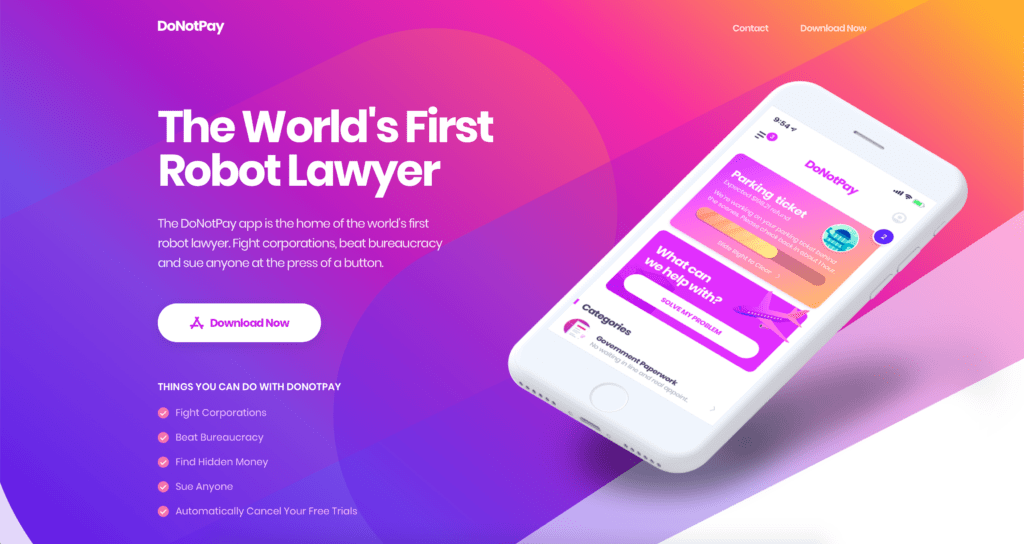Interview by Ong Chin Ngee, Sanjana Ayagari, Utsav Rakshit | Edited by Josh Lee
TechLaw.Fest 2019 will take place from 5 to 6 September 2019 in Singapore, bringing together the movers and shakers in the space of law and technology. In the weeks leading up to TechLaw.Fest, the LawTech.Asia team will be bringing you regular interviews and shout-outs covering prominent speakers and the topics they will be speaking about at TechLaw.Fest.
This week, LawTech.Asia received the exclusive opportunity to interview Mark Cohen, CEO of Legal Mosaic. Legal Mosaic is a legal business consultancy providing strategic advice to various stakeholders in the legal industry. Mark is also a regular contributor to Forbes, and is widely recognised as a global thought leader in legal technology. He also serves as the inaugural Singapore Academy of Law/LIFTED Catalyst-in-Residence, and the Chief Editor of the forthcoming SAL/LIFTED Global Partner Network initiative white paper on future legal skills.
At TechLaw.Fest 2019, Mark will be moderating a panel titled, “Innovation Journey Dialogue for In-House Legal Departments”, which features leading prominent GC’s who will be sharing insights for in-house counsel looking to embark on digital transformation. Here, Mark shares his view on the role of technology on legal services delivery, the future of legal education, and what he believes are the crucial characteristics for future law firms.
What would you say is the key area that legal technology can truly make a difference in, and how can legal technology get there?
Legal technology is mistakenly believed by many in the legal profession to be in its own universe. While technology is an enabler, it will not change legal delivery on a stand-alone basis. It must function in a customer-centric model designed to benefit legal service consumers and, more broadly, society.
In this regard, any new model of legal service delivery must be responsive to unfulfilled customer needs. In the legal context, this refers to the needs of clients such as individuals and small-medium enterprises that cannot afford access to legal services. While this problem is not as acute in Singapore as it is in other parts of the world, limited access to justice is a global challenge that the legal industry can and must address.
Technology can be instrumental in helping solve this problem, but, as noted at the outset, it cannot and will not solve it alone. Legal service providers must focus on their models and objectives and then deploy technology thoughtfully. To give an example, Joshua Browder, while an undergraduate student at Stanford, married his passion for increasing access to justice with his computer science background. He founded DoNotPay, an app designed to assist people to contest parking tickets as it is too expensive to hire lawyers for that purpose. He has since created self-serve apps that address a broad array of common challenges confronting the citizenry.

Technology is thus crucial in solving the problem of access to justice. That said, not all technology is material, efficient, or scalable. Legal technologies must have a use case and a model directed to addressing client/customer needs.
You talked about legal technology bringing significant change to legal service delivery models. How should universities transition into providing legal education that addresses the skills required of a legal service provider in a changing marketplace, and what are the essential skills needed?
Historically, legal education has had a doctrinal focus on the basics of legal knowledge. Such a pedagogy worked when legal practice was solely about legal expertise and law firms provided on-the-job training. Today, however, the marketplace has changed. Legal delivery is now a fusion of legal, business, and technological expertise.
In this regard, the practice of law and the business of law require two very different skill sets. If lawyers want a precedent for this, they should look at the medical profession. Doctors formerly practised medicine and delivered medical services. While they were proficient in medical practice, they were relatively weaker in medical services delivery. Marketplace demands have caused medical practice to be subsumed by the healthcare industry. Physicians continue to practice medicine, but other professionals, paraprofessionals, and machines drive healthcare delivery. Law, on the other hand, is one of the last industries to fuse practice and the business of scaling it to deliver it more efficiently. This is changing.
Some people suggest requiring every law student to learn how to code. I do not think that that is the most appropriate solution, as not all students have the same proclivity for coding and related tasks. There will be jobs for lawyers with coding skills, but there will be other opportunities, too, to leverage legal training with other skills. Doctrinal knowledge of law is a baseline; lawyers also need other skills that include: (a) project management, (b) a grasp of business basics and how tech is deployed in legal delivery, and (c) an understanding of how the legal industry is transforming, among others. Let me elaborate:
- Project management is critical in instilling more client-centric thoughtfulness and discipline in conducting legal work. This is true for individuals as well as organisations.
- Having a grasp of business basics is more than merely knowing how to read a balance sheet. It is essential for lawyers to learn how to collaborate in ways they have never done before. When I was a practising civil trial lawyer, despite the adversarial nature of the role, significant collaboration was always required. The value of collaboration is brought to the fore when you consider the high rate of settlements — in the US, almost 99% of cases are amicably resolved before final judicial resolution. This requires “adversarial collaboration.” Besides collaboration, it is essential for lawyers to understand—and respond to the client’s objectives, risk tolerance, competitors, and other aspects of the business. Most associates, especially at large firms, are far removed from their clients and regard their direct supervisor as their boss. It is essential for every lawyer to be mindful of the objectives of the client.
- Finally, lawyers must understand what is going on in the profession and the industry. Law school faculties tend to be populated by professors with little or no practice experience. Faculty composition plays a significant role in legal education, and I advocate for the inclusion of more diverse skill sets, professional backgrounds and pedagogical views when it comes to faculty hiring. The same applies to the student body.
Some people suggest requiring every law student to learn how to code. I do not think that that is the most appropriate solution, as not all students have the same proclivity for coding and related tasks. There will be jobs for lawyers with coding skills, but there will be other opportunities, too, to leverage legal training with other skills.
Mark Cohen, CEO, legal mosaic
Having outlined briefly the potential impact of technology and how universities can better prepare graduates, what are some of the characteristics you see in law firms of the future?
I don’t think that there is anything inherently wrong with law firms. However, it is the structure of the law firm that will change. In particular, for corporate law firms, the days of the traditional partnership model are numbered as most firms are too practice-centric, labour intensive, and non-collaborative with other professionals and paraprofessionals. Effective legal delivery requires a combination of legal expertise with business and technological acumen. The traditional partnership model firms are predicated on hours (input), not results (output).
Today, clients want quick, data-driven, and holistic responses to business challenges. They are not looking for legal tomes. Clients do not care whether that comes from a law firm or a professional services firm that includes lawyers. What matters to them is problem-solving.
Going forward, law firms must be differentiated, client-focused, agile, data-driven, multidisciplinary, and collaborative. Traditional firms that lack these characteristics — and fail to adapt — will not be sustainable in the years ahead.
This piece of content was produced by LawTech.Asia as media partner for TechLaw.Fest 2019.
An event not to be missed! LawTech.Asia readers are entitled to an exclusive promo code that provides a 20% discount off a 2-day pass for TechLaw.Fest 2019. Simply use the promo code “TLFLTA20” when registering for TechLaw.Fest today!
